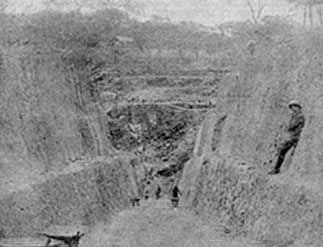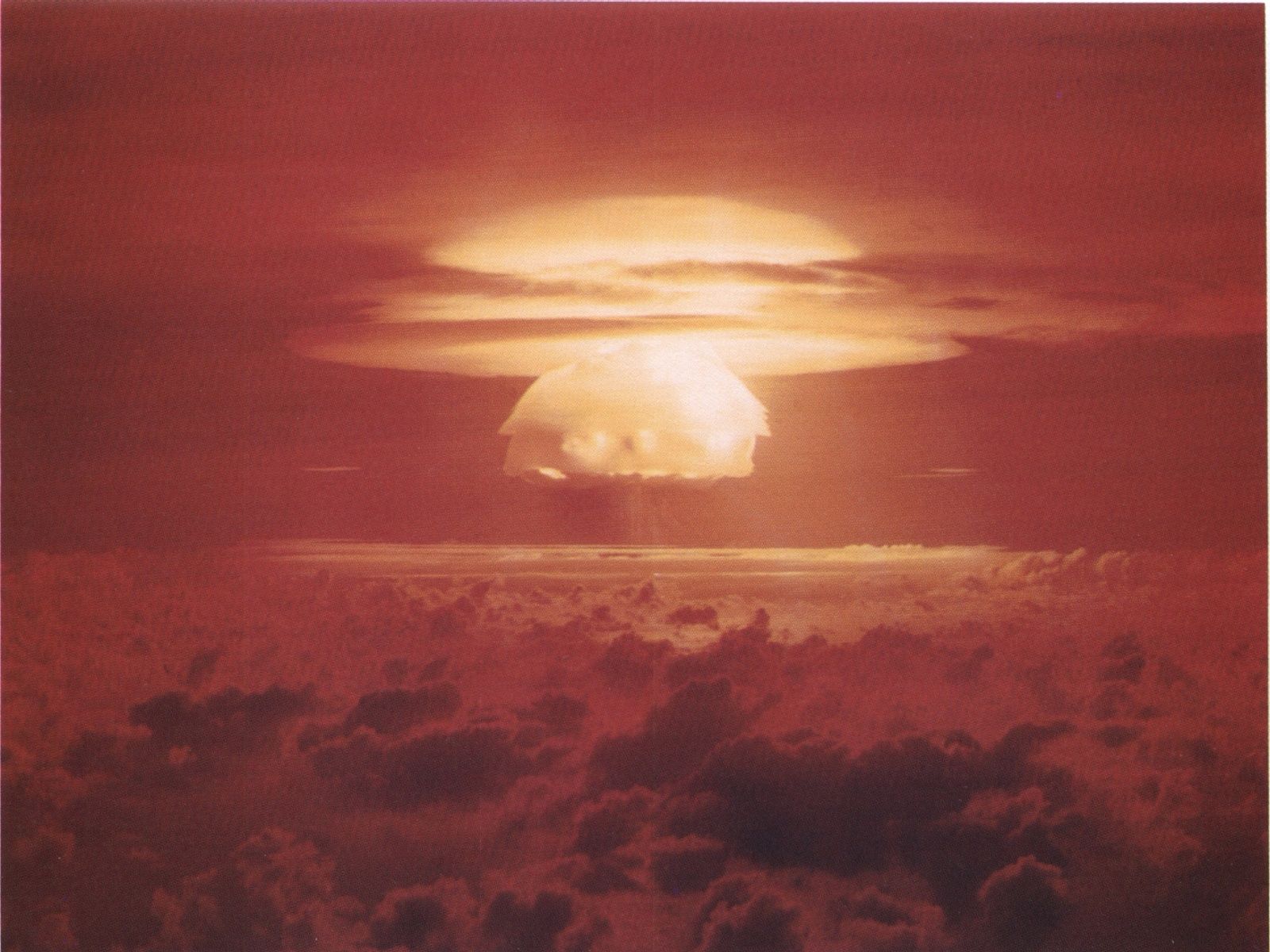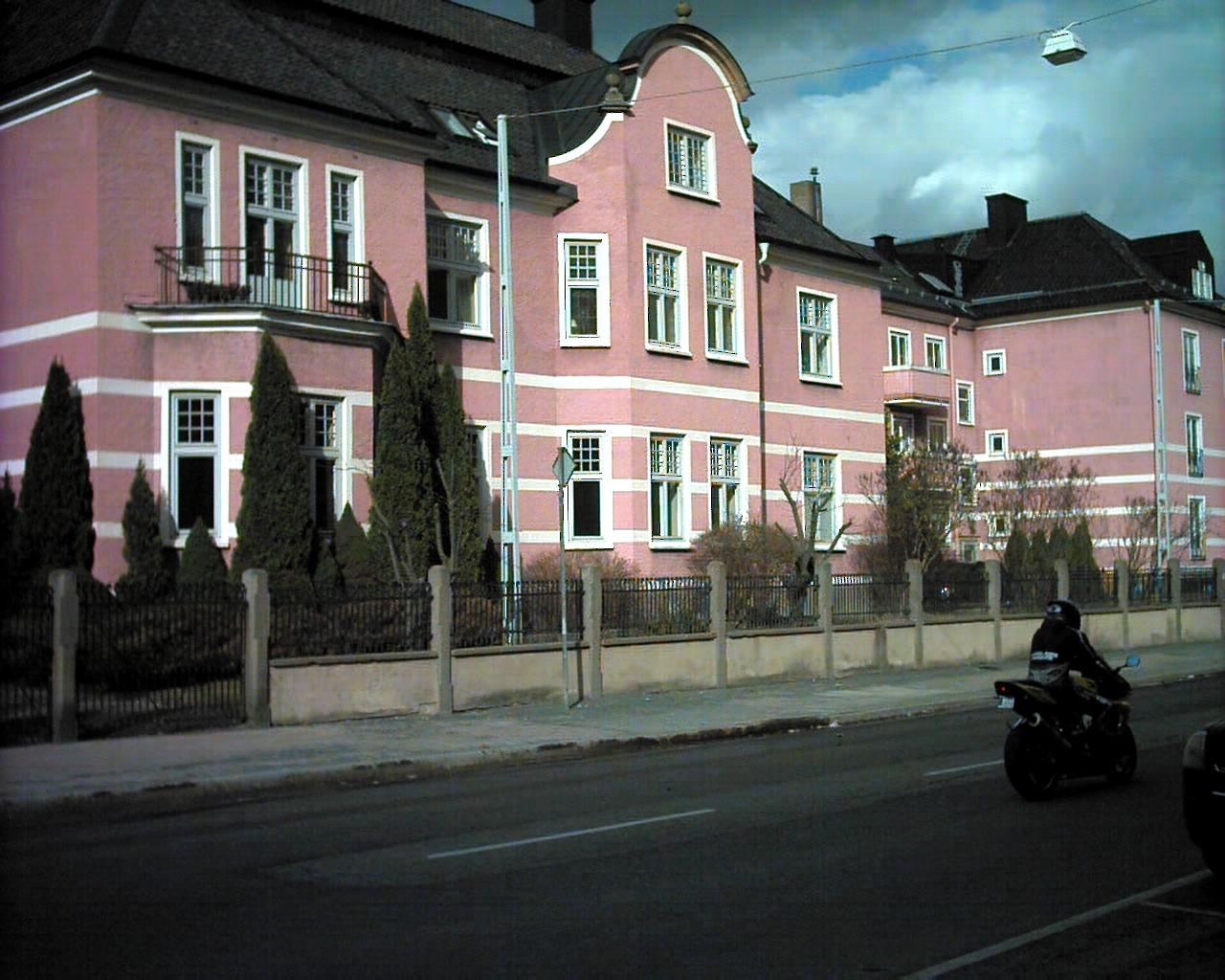|
The Siege Of Jadotville (film)
''The Siege of Jadotville'' is a 2016 action-war film directed by Richie Smyth and written by Kevin Brodbin. An Irish-South African production, the film is based on Declan Power's book, ''The Siege at Jadotville: The Irish Army's Forgotten Battle'' (2005), about an Irish Army unit's role in the titular Siege of Jadotville during the United Nations Operation in the Congo in September 1961. First screened at the 2016 Galway Film Festival, the film received a limited cinema distribution in Ireland in September 2016. It had simultaneous worldwide distribution on Netflix and in a number of US iPic Theaters during October 2016. It won three Irish Film & Television Awards, including Best Director. Plot The film opens with the execution of Congolese Prime Minister Patrice Lumumba and the outbreak of civil war. As the mineral rich State of Katanga secedes under the leadership of Moise Tshombe, United Nations Secretary General Dag Hammarskjöld assigns Conor Cruise O'Brien to head ... [...More Info...] [...Related Items...] OR: [Wikipedia] [Google] [Baidu] |
Alan Moloney
Alan Moloney is an Irish film and television producer. In 2001, alongside Michael Colgan, Alan produced ''Beckett on Film'', a project aimed at making film versions of all nineteen of Samuel Beckett's stage plays. Ten of the films were screened at the 2000 Toronto International Film Festival and some shown on Channel 4. The series won the Best TV Drama award at the 6th The South Bank Show Award at the Savoy Theatre in London. In 2006, Moloney worked with Harold Pinter to produce a TV adaptation of the stage play '' Celebration''. In 2007, Moloney produced '' Joe Strummer: The Future Is Unwritten'', directed by Julien Temple. In the same year he also produced '' The Escapist'', which premiered at the Sundance Film Festival. In 2008, he produced ''A Film with Me in It'', and in 2009, ''Triage'' and ''Perrier's Bounty''. Moloney has been responsible for TV dramas in Ireland and the UK including ''Kingdom Kingdom commonly refers to: * A monarchy ruled by a king or queen * ... [...More Info...] [...Related Items...] OR: [Wikipedia] [Google] [Baidu] |
Siege Of Jadotville
In the Siege of Jadotville in September 1961, a small contingent of the Irish Army's 35th Battalion, designated "A" Company, serving as part of the United Nations Operation in the Congo (''Opération des Nations Unies au Congo'', ONUC) were besieged in the mining town of Jadotville (modern-day Likasi) by Katangese forces loyal to the secessionist State of Katanga. The siege took place during the seven-day escalation of a stand-off between ONUC and Katangese forces during Operation Morthor. Although the contingent of 155 Irish soldiers repelled attacks by a 3,000-man Katangese force for five days while an undersized relief force of Irish, Indian and Swedish troops attempted to reach them, they were eventually forced to surrender having run out of ammunition and water. "A" Company was subsequently held as prisoners of war for approximately one month. The Irish forces inflicted approximately 1,300 casualties (including up to 300 killed) on the Congolese force, with no deaths am ... [...More Info...] [...Related Items...] OR: [Wikipedia] [Google] [Baidu] |
Jadotville
Likasi (formerly official names: Jadotville ( French) and Jadotstad (Dutch)) is a city in Haut-Katanga Province, in the south-east of the Democratic Republic of Congo. Demographics Likasi has a population of around 635,000 (2015). During the 1990s the United Nations set up feeding centres and refugee centres in and around Likasi to assist with the refugees fleeing ethnic violence in Shaba, whose arrival had increased the population of the town some 41,000. History Shinkolobwe mine, 20 km west of Likasi (then called Jadotville), was described by a 1943 Manhattan Project intelligence report as the most important deposit of uranium yet discovered in the world. The uranium from this mine was used to build the atomic bombs used in Hiroshima and Nagasaki in 1945. In 1961, during the United Nations intervention in the Katanga conflict, a company of Irish UN troops deployed to Jadotville was besieged and eventually surrendered to troops loyal to the Katangese Prime Minister Moï ... [...More Info...] [...Related Items...] OR: [Wikipedia] [Google] [Baidu] |
Pat Quinlan (Irish Army Officer)
Patrick Quinlan (1919–1997) was an Irish Army officer who commanded the Irish UN force that fought at the Siege of Jadotville in Katanga in 1961, and surrendered when they ran out of ammunition and other supplies. Despite the initial lack of recognition for the events leading up to the surrender, in the years following Quinlan's death his reputation in Ireland was restored. Early life and family Pat Quinlan was born in 1919 in Reeneragh, Caherdaniel, County Kerry, and went to school in nearby Loher. He and his wife Carmel had a son Leo, who was 16 when his father served in the Congo, and later became a commandant, the same rank his father held when in Katanga (although the father retired with the higher rank of colonel). Siege of Jadotville The Siege of Jadotville took place in September 1961, during the United Nations intervention in the Katanga conflict in Congo-Léopoldville, in Central Africa. "A" Company, 35th Battalion (UN service) of the Irish Army ONUC continge ... [...More Info...] [...Related Items...] OR: [Wikipedia] [Google] [Baidu] |
Commandant
Commandant ( or ) is a title often given to the officer in charge of a military (or other uniformed service) training establishment or academy. This usage is common in English-speaking nations. In some countries it may be a military or police rank. It is also often used to refer to the commander of a military prison or prison camp (including concentration camps and prisoner of war camps). Bangladesh In Bangladesh Armed Forces commandant is not any rank. It is an appointment. The commandant serves as the head of any military training institutes or unit. Canada ''Commandant'' is the normal Canadian French-language term for the commanding officer of a mid-sized unit, such as a regiment or battalion, within the Canadian Forces. In smaller units, the commander is usually known in French as the ''officier commandant''. Conversely, in Canadian English, the word commandant is used exclusively for the commanding officers of military units that provide oversight and/or services to a res ... [...More Info...] [...Related Items...] OR: [Wikipedia] [Google] [Baidu] |
World War III
World War III or the Third World War, often abbreviated as WWIII or WW3, are names given to a hypothetical World war, worldwide large-scale military conflict subsequent to World War I and World War II. The term has been in use since at least as early as 1941. Some apply it loosely to limited or more minor conflicts such as the Cold War or the war on terror. In contrast, others assume that such a conflict would surpass prior world wars in both scope and destructive impact.''The New Quotable Einstein''. Alice Calaprice (2005), p. 173. Due to the development of nuclear weapons in the Manhattan Project, which were used in the atomic bombings of Hiroshima and Nagasaki near the end of World War II, and their subsequent acquisition and deployment by List of states with nuclear weapons, many countries afterward, the potential risk of a nuclear apocalypse causing widespread destruction of Earth's civilization and life is a common theme in speculations about a third ... [...More Info...] [...Related Items...] OR: [Wikipedia] [Google] [Baidu] |
Conor Cruise O'Brien
Donal Conor David Dermot Donat Cruise O'Brien (3 November 1917 – 18 December 2008), often nicknamed "The Cruiser", was an Irish diplomat, politician, writer, historian and academic, who served as Minister for Posts and Telegraphs from 1973 to 1977, a Senator for Dublin University from 1977 to 1979, a Teachta Dála (TD) for the Dublin North-East constituency from 1969 to 1977, and a Member of the European Parliament (MEP) from January 1973 to March 1973. His opinion of Britain's role in Ireland subsequent to the partition of the island and the independence of the Free State in 1921 changed during the 1970s, in response to the outbreak of The Troubles. He now saw opposing nationalist and unionist traditions as irreconcilable, and switched from a nationalist to a unionist view of Irish politics and history, and from opposition to support for partition. Cruise O'Brien's outlook was radical and seldom orthodox. He summarised his position as intending "to administer an electric ... [...More Info...] [...Related Items...] OR: [Wikipedia] [Google] [Baidu] |
Dag Hammarskjöld
Dag Hjalmar Agne Carl Hammarskjöld ( , ; 29 July 1905 – 18 September 1961) was a Swedish economist and diplomat who served as the second Secretary-General of the United Nations from April 1953 until his death in a plane crash in September 1961. As of 2022, he remains the youngest person to have held the post, having been only 47 years old when he was appointed. Hammarskjöld's tenure was characterized by efforts to strengthen the newly formed UN both internally and externally. He led initiatives to improve morale and organisational efficiency while seeking to make the UN more responsive to global issues. He presided over the creation of the first UN peacekeeping forces in Egypt and the Congo and personally intervened to defuse or resolve diplomatic crises. Hammarskjöld's second term was cut short when he died in a plane crash while en route to cease-fire negotiations during the Congo Crisis. Hammarskjöld was and remains well regarded internationally as a capable diplomat a ... [...More Info...] [...Related Items...] OR: [Wikipedia] [Google] [Baidu] |
Moise Tshombe
Moise is a given name and surname, with differing spellings in its French and Romanian origins, both of which originate from the name Moses: Moïse is the French spelling of Moses, while Moise is the Romanian spelling. As a surname, Moisè and Mosè are Italian spellings of Moses. Given name Moise * Moise of Wallachia (died 1530), Romanian prince * Moise Crăciun (born 1927), Romanian skier * Moise Fokou (born 1985), American football linebacker * Moise Movilă (1596–1661), Prince of Moldavia * Moise Poida (born 1978), Vanuatuan footballer * Moise Pomaney (born 1945), Ghanaian long-jumper * Moise Safra (1935–2014), Brazilian businessman and founder of Banco Safra * Moise Kean (born 2000), Italian footballer Moïse * Moïse Amyraut (1596–1664), French theologian * Moïse Brou Apanga (born 1982), Côte d'Ivoire born Gabonese footballer * Moïse Bambara (born 1984), German-Burkinabé footballer * Moïse de Camondo (1860–1935), French banker * Moïse Fortier (1815–187 ... [...More Info...] [...Related Items...] OR: [Wikipedia] [Google] [Baidu] |
State Of Katanga
The State of Katanga; sw, Inchi Ya Katanga) also sometimes denoted as the Republic of Katanga, was a breakaway state that proclaimed its independence from Congo-Léopoldville on 11 July 1960 under Moise Tshombe, leader of the local ''Confédération des associations tribales du Katanga'' (CONAKAT) political party. The new Katangese state did not enjoy full support throughout the province and was constantly plagued by ethnic strife in its northernmost region. It was dissolved in 1963 following an invasion by United Nations Operation in the Congo (ONUC) forces, and reintegrated with the rest of the country as Katanga Province. The Katangese secession was carried out with the support of Union Minière du Haut Katanga, a mining company with concession rights in the region, and a large contingent of Belgian military advisers. An army the government called the Katanga Gendarmerie, raised by the Tshombe government, was initially organised and trained by Belgium's military and ... [...More Info...] [...Related Items...] OR: [Wikipedia] [Google] [Baidu] |
Congo Crisis
The Congo Crisis (french: Crise congolaise, link=no) was a period of political upheaval and conflict between 1960 and 1965 in the Republic of the Congo (today the Democratic Republic of the Congo). The crisis began almost immediately after the Congo became independent from Belgium and ended, unofficially, with the entire country under the rule of Joseph-Désiré Mobutu. Constituting a series of civil wars, the Congo Crisis was also a proxy conflict in the Cold War, in which the Soviet Union and the United States supported opposing factions. Around 100,000 people are believed to have been killed during the crisis. A nationalist movement in the Belgian Congo demanded the end of colonial rule: this led to the country's independence on 30 June 1960. Minimal preparations had been made and many issues, such as federalism, tribalism, and ethnic nationalism, remained unresolved. In the first week of July, a mutiny broke out in the army and violence erupted between black and whit ... [...More Info...] [...Related Items...] OR: [Wikipedia] [Google] [Baidu] |
Patrice Lumumba
Patrice Émery Lumumba (; 2 July 1925 – 17 January 1961) was a Congolese politician and independence leader who served as the first prime minister of the Democratic Republic of the Congo (then known as the Republic of the Congo) from June until September 1960. A member of the Congolese National Movement (MNC), he led the MNC from 1958 until his execution in January 1961. Ideologically an African nationalist and pan-Africanist, he played a significant role in the transformation of the Congo from a colony of Belgium into an independent republic. Shortly after Congolese independence in 1960, a mutiny broke out in the army, marking the beginning of the Congo Crisis. Lumumba appealed to the United States and the United Nations for help to suppress the Belgian-supported Katangan secessionists led by Moïse Tshombe. Both refused, due to suspicions among the Western world that Lumumba secretly held pro-communist views. These suspicions deepened when Lumumba turned to the Soviet ... [...More Info...] [...Related Items...] OR: [Wikipedia] [Google] [Baidu] |
.jpg)





